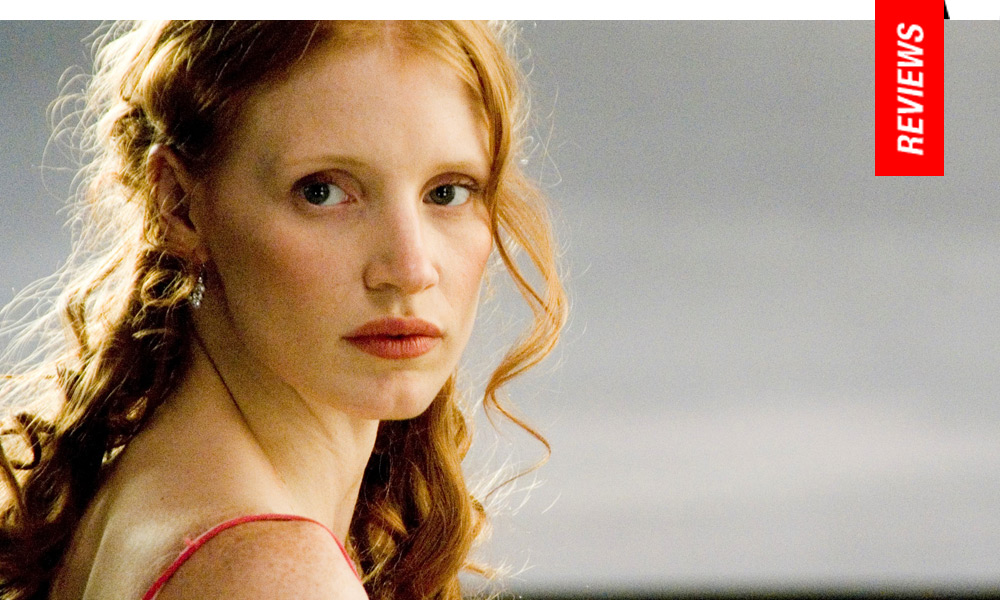Love’s Labours Found: Pacino’s Wilde Meditations at Long Last Find Life
While Pacino’s passions yielded the earlier, celebrated study on Shakespeare’s Richard III with 1996’s Looking for Richard, his Wilde Salome is another beast entirely, a kind of accidental mutation of an impossible dream the actor pursued with somewhat limited means. If the documentary’s fascination ultimately trumps and succeeds the 2013 narrative version (which looks like a lo-fi filmed version of a stage play with some contemporaneous elements a la Michael Almereyda’s 2000 adaptation of Hamlet), there’s a certain persuasive and compelling aura to both projects. Of course, there’s the central performance from Chastain as Salome, a generous if theatrical performance in which she’s as visually transfixing as always. To realize she’s been as bamboozled as everyone else in certain off-the-cuff snippets at the dinner party scene in the documentary doesn’t detract from her so much as it paints Pacino as an overzealous, out-of-touch ringleader who doesn’t seem to know what he’s doing. And then, there’s a certain faux-gothic moodiness to the stagey special effects and lighting, particularly evident in the flurried rendition of the famed Dance of the Seven Veils.
But throughout it all, there is Pacino to contend with, whose sun-glass wearing Tetrarch/Herod is smug, overtly self-aware, and unintentionally camp. Every time he chants Salome’s name he sounds like cartoon goon ordering pizza toppings. Eventually, he throws some snarling screams into Wilde’s prose, which yields more jarring, jagged transitions between tongue-in-cheek recitation and eventual blood-tinged drama.
Between the polar extremes of Chastain and Pacino rests Roxanne Hart as Queen Herodias, which isn’t a thankless performance so much as one Pacino tends to ignore altogether (as opposed to what Ken Russell does with Glenda Jackson as Herodias, for instance). But where Pacino really ‘performs’ is as himself in Wilde Salome, a man in constant anguish about timing, including some bizarre asides (such as when he’s irritably preparing food) evoking his own supposed self-doubt. Eventually, this pantomime recalls Pacino’s other late-staged bits of strangeness, such as his supporting role in that Adam Sandler movie Jack and Jill (2011), in which he plays a similar version of himself. An aside about cellphones and theater ticket pricing evokes his same rage against such devices in Barry Levinson’s underappreciated Philip Roth adaptation The Humbling (2014), wherein he’s a floundering actor in a poorly received play.
And so, then, it seems the ultimate accomplishment of Pacino’s grand affair with Oscar Wilde simply provides a nostalgic platform for both the writer and star’s greatest past hits, here uneasily joined together in a mixed medium which doesn’t quite support either of their visions.
★★★/☆☆☆☆☆
